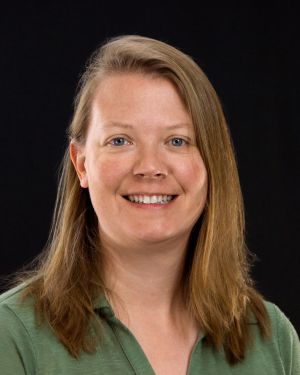Abstract
Modeling, which includes developing, testing, and refining models, is a central activity in physics. Modeling is most fully represented in the laboratory where measurements of real phenomena intersect with theoretical models, leading to refinement of models and experimental apparatus.
However, experimental physicists use models in complex ways and the process is often not made explicit in physics laboratory courses.
The framework we have developed has guided our course transformations, research into student leaning, and our assessment of student outcomes.
I will present the framework, how we use it to transform our lab courses, and a new scalable assessment used to measures students’ modeling ability.
Biography
Heather J. Lewandowski received her B.S. in physics from Michigan Technological University in 1997 and her Ph.D. in physics from the University of Colorado, Boulder in 2002. She was then a National Research Council Postdoctoral fellow at the National Institute of Standards and Technology in Boulder. She is currently a professor and associate chair of physics at the University of Colorado, and a fellow of JILA. She leads two research programs, one in experimental molecular physics, and the other in physics education research. Her molecular physics research efforts focus on studying interactions and reactions of cold, chemically important molecules and ions. Her physics education research program studies ways to increase students’ proficiency in scientific practices such as using models and quantitative reasoning in experimental physics.
